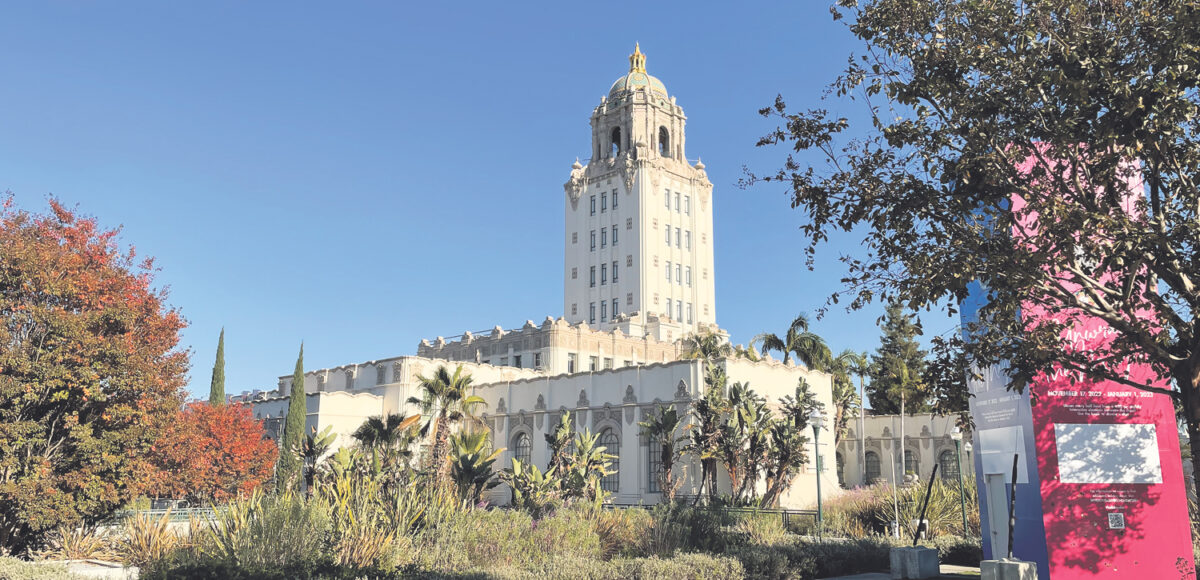Waiting for last week’s election returns was a bit like waiting for test results from your doctor. On Nov. 5, half the country received positive news, while the other half saw results more alarming than expected. Then, the stock market rose, boosting the mood for some, while others experienced a deepening sadness as the votes continued to be counted. Like any major news, it takes time to mentally process, adapt, and prepare for what lies ahead. We are in the early stages of understanding our new reality, with much more to come.
Having practiced psychiatry for over 30 years, I’ve often observed that “good” news doesn’t always bring the anticipated outcome, while “bad” news often improves with time or reveals unexpected silver linings. I anticipate the same will be true as we move forward with Trump’s second term. Whether this moment feels exhilarating or deflating, the true impact—positive and negative—will become clear with time.
For those riding the wave of euphoria, savor the victory, while remaining cognizant that much work lies ahead and many in our country are suffering. For those grappling with the lows of post-election disappointment, consider the Japanese word for crisis, “kiki (危機).” The first character means “danger (危),” and the second, “opportunity (機).” Take time to care for yourself, lean on family and friends, and find strength in your community.
As we move beyond the initial excitement or shock, what steps can we take to reunite as a country? Our forefathers chose our nation’s name wisely. We must honor their intent if we are to thrive as the United States of America.
We can all start by practicing understanding, empathy, and collaboration across political divides. We face significant challenges on multiple fronts and overcoming them will require creative solutions from all of us.
Here in Beverly Hills, in these days following World Kindness Day on Nov. 13, we can agree on a few fundamentals. We all wish to live in a peaceful and just society. We are ready to work together to build it. Kindness and cooperation hold immense power, creating ripples far beyond what we can see. We must choose our actions thoughtfully and responsibly.
Once emotions have settled, here are a few steps to consider as you move forward:
1. Humanize the other side: Those who differ politically are complex individuals who made their choices based on unique experiences. Avoiding demonization is crucial to maintaining civility.
2. Engage with others: Speaking with people holding different views can foster understanding. Truly listening and considering other perspectives can teach us and may help ease our fears.
3. Listen attentively: Empathy grows when we listen patiently and seek to understand others viewpoints. You don’t have to agree to appreciate their experiences. Remember, “Silence is golden, and duct tape is silver.”
4. Agree to disagree: Political differences don’t have to end relationships. You can respect others without sharing their views.
5. Find common ground: Look for shared values. Most people, regardless of political stance, are well-intentioned and want a better world. I found solace attending a Rotary Club meeting last Thursday evening. Despite our dramatically different post-election moods, we came together to plan a Thanksgiving food drive for those in need in our community.
6. Identify real threats: Not everyone has the best intentions, and it’s important to set boundaries when necessary. Remember that excessive and prolonged fear can lead to paranoia, causing us to see danger where none exists. Remain alert and grounded in reality.
7. Avoid complacency: Continued engagement in the civic process is important for those feeling victorious. Resilience is key for those feeling disappointed. Remember with focus and dedication oftentimes, “The comeback is greater than the setback.”
As we move forward, let’s remember that healing the hurt and division will take time and progress is rarely linear. In my years of practice, and among family and friends, I have watched people overcome challenges that seemed insurmountable. Our nation possesses this same resilience. Whether the election left you energized or deflated, we all have a role in shaping our future. By focusing on our shared humanity, practicing empathy, and engaging in constructive dialogue, we can bridge divides and foster a more resilient, united society.
Mahatma Gandhi said, “Unity to be real must stand the severest strain without breaking.” We are at that moment. With the election behind us, we can choose to come together with open hearts and a willingness to build a brighter future for all and honor the intent of our founders.







